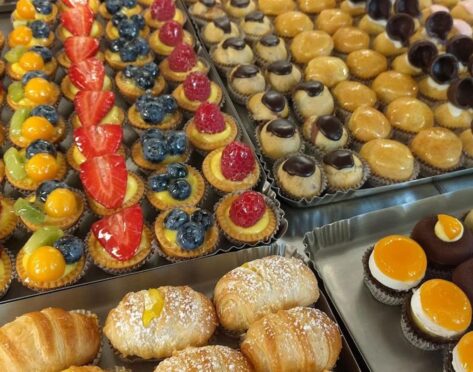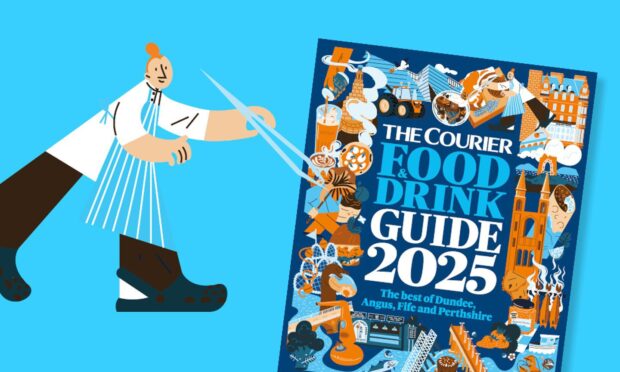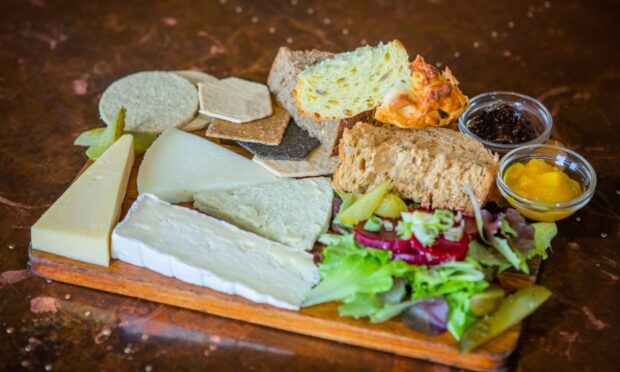The Scotch whisky industry is currently facing some difficult problems, none of which can be resolved quickly.
Worse, they can only be resolved by governments and two of the governments most involved — of the UK and US — are too tied up with the coronavirus to give the whisky industry any attention.
The main problem is the 25% tariff loaded by President Trump on to Scotch single malts as part of his trade wars with everyone from China to the EU.
And, as governments worldwide have noticed, dealing with Trump is like dealing with a tantrum-prone brat who has been denied an ice-cream or other goody when he demands it.
Whereas previous US presidents accepted the agreed rules of global diplomacy and trade negotiations, Trump embodies the “shoot first and ask questions afterwards” attitude which is essentially a Hobson’s choice: you agree with me or else…
Doubtless, the whisky industry is hoping US and EU trade negotiators will reach an agreement, which will also end EU tariffs on US whiskies.
However, what started this US-EU trade battle was the US claiming Airbus received unfair subsidies that disadvantaged Boeing and, with Boeing facing possible ruin from the 737 Max fiasco, the US stance can only harden. This is a classic example of an industry suffering from a dispute in which it is not involved.
An even bigger problem facing the Scotch industry is Brexit, once the Withdrawal Agreement ends on December 31.
Despite warnings from almost every UK industry and business, the British Government looks increasingly set on a hard Brexit which may bring everything from total gridlock in Kent to countless exports and imports brought to a halt as everyone tries to work out what “trading on WTO rules” actually means.
Ironically, it could mean 2020 eventually being a bumper year for whisky and other exports as importers around the world rush to bring forward orders under the existing system. But that may mean 2021 being a year of unalloyed disaster.
I do not envy decision makers in the whisky industry or elsewhere. Many have made positive noises – but behind closed doors they have never faced such an uncertain future.
Added to that, until coronavirus is under control globally, negotiations and much else are paralysed.










